Ibn Abbas said, “The Prophet (peace be upon him) came to Madina and saw the Jews fasting on the day of Ashoura. When he asked them about it, they said, ‘This is a blessed day, it is the day when Allah saved the Children of Israel from their enemies, so Musa (peace be upon him) fasted on this day.’ The Prophet (peace be upon him) said, ‘We have more right to Musa (peace be upon him) than you,’ so he fasted on that day and commanded (the Muslims) to fast on that day.” (Al-Bukhari)
Fasting on the day of Ashoura was earlier obligatory, but when fasting during the month of Ramadan was made obligatory, the obligation to fast Ashoura was cancelled. That means it is not obligatory to fast on this day, but it is recommended.
Virtues of fasting Ashoura
The Prophet (peace be upon him) said, “For fasting the day of Ashoura, I hope that Allah will accept it as expiation for the year that went before.” (Sahih Muslim)
This is from the bounty of Allah towards us. By fasting one day, He expiates our sins for the whole year. And Allah is the Owner of Great Bounty.
Fasting the ninth and tenth
Abdullah Bin Abbas said, “When the Messenger of Allah (peace be upon him) fasted on Ashoura and commanded the Muslims to fast as well, they said, ‘O Messenger of Allah, it is a day that is venerated by the Jews and Christians.’ The Messenger of Allah (peace be upon him) said, ‘If I live to see the next year, Insha Allah, we will fast on the ninth day too.’ But it so happened that the Messenger of Allah (peace be upon him) passed away before the next year came.” (Sahih Muslim)
Al-Shafi’i and his companions, Ahmad, Ishaq and others said, “It is Mustahab (recommended) to fast on both days, ninth and tenth, because the Prophet (peace be upon him) fasted on the tenth, and intended to fast on the ninth.”

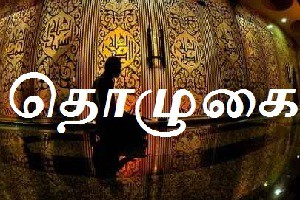

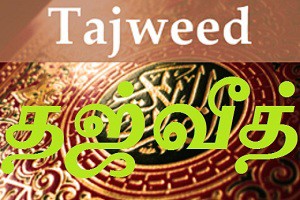
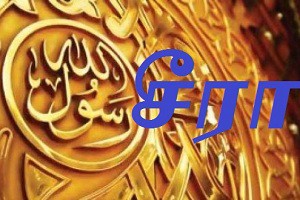



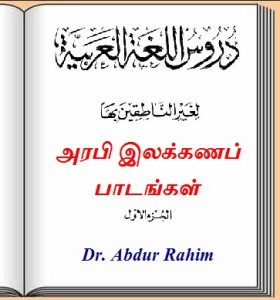
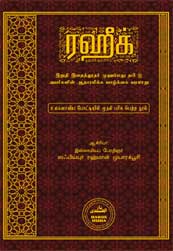
கருத்துரைகள் (Comments)